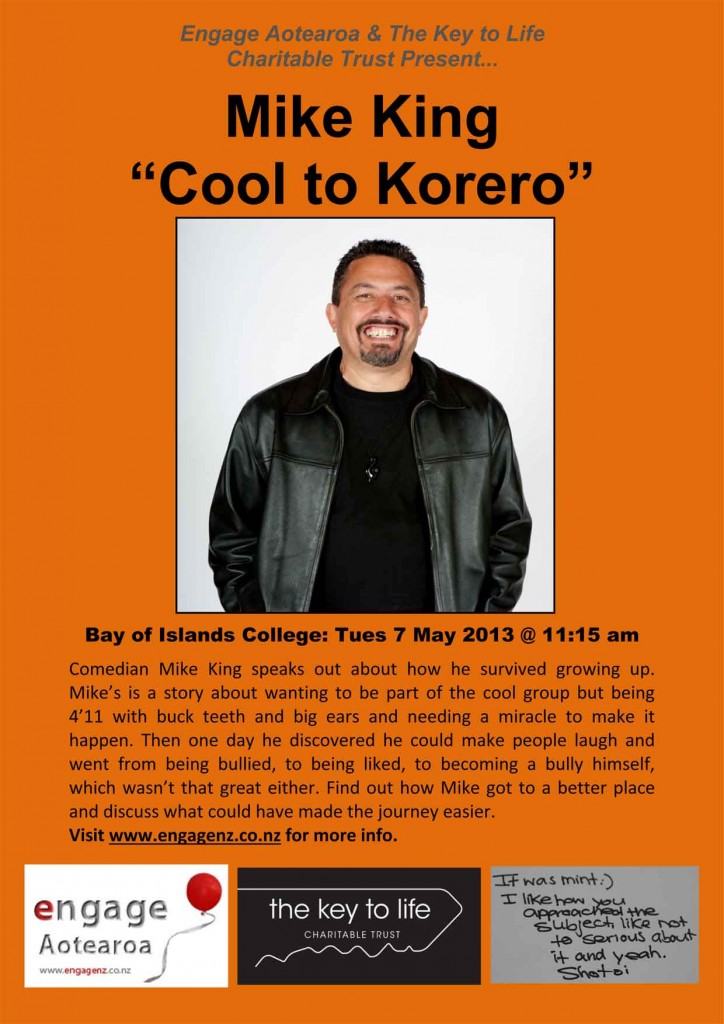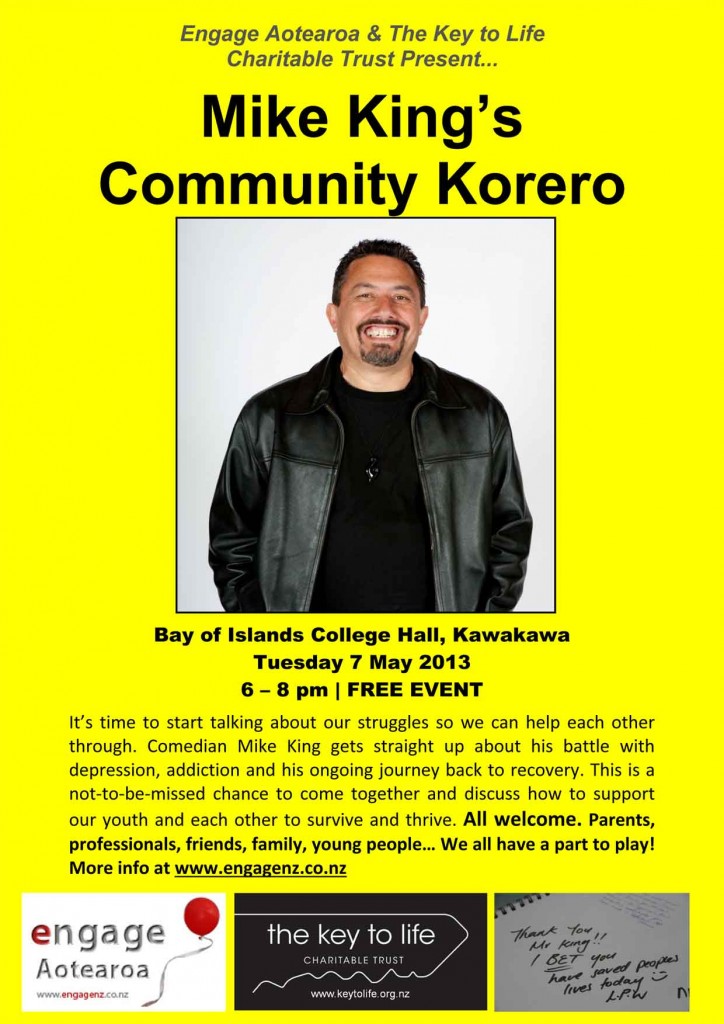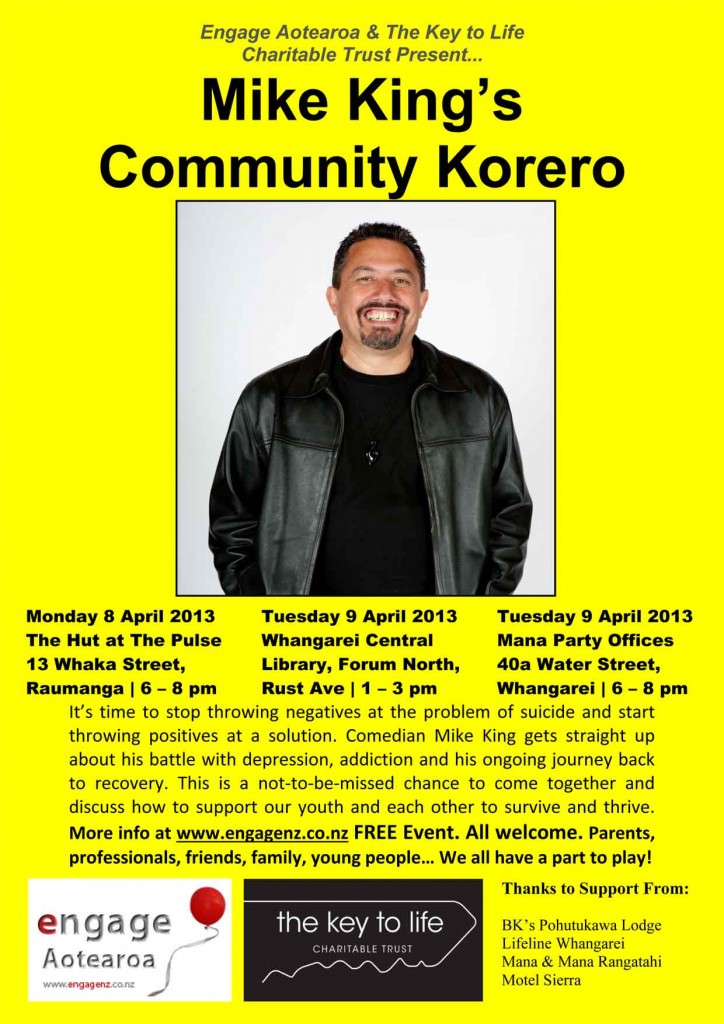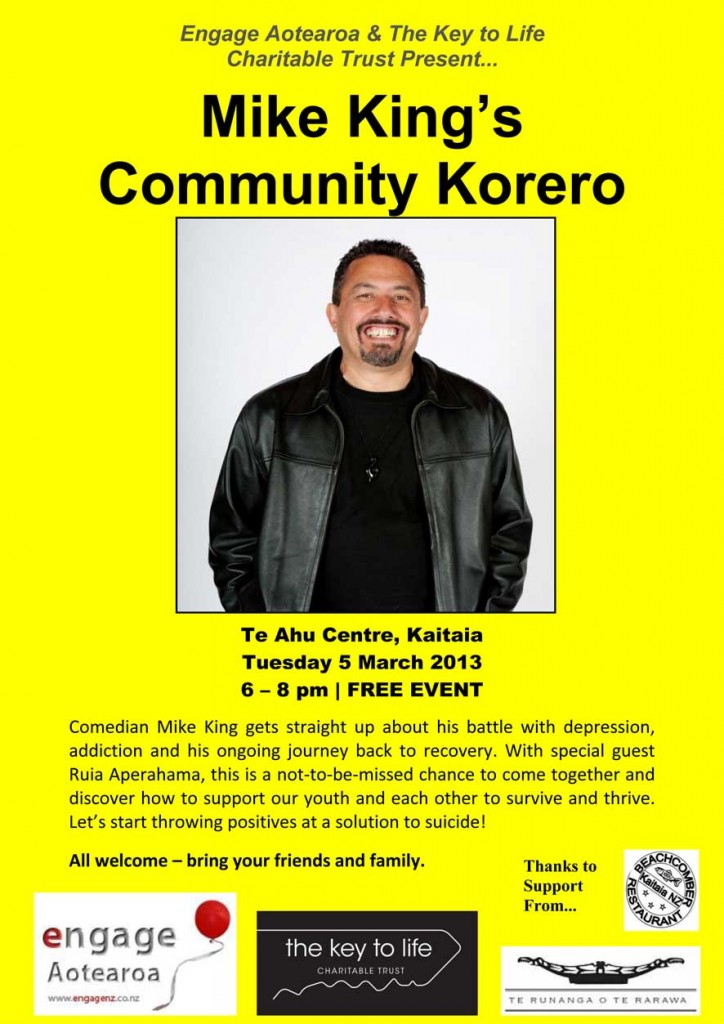The Disability Allowance is a weekly payment to help people meet the costs associated with a disability or health condition (including mental-health conditions). You can find out more by following the link below. You might be surprised to find out just how many things you can get help with if you live with the effects of a health condition.
http://www.workandincome.govt.nz/community/forms-and-brochures/disability-allowance-allowable-costs.html
About the Disability Allowance
The Disability Allowance is a weekly payment for people of all ages who have a disability or ongoing health condition and need help with the additional costs directly associated with that condition.
It is available to people who qualify for a Community Services Card including those on a benefit or people who are working. There is an income test. An application can also be made on behalf of a child if they are aged 18 years or under and financially dependent on the person who is making the application.
To qualify for Disability Allowance the person must:
have a disability or health condition that is likely to last at least six months have regular, ongoing costs because of a disability which are not fully covered by another agency are a New Zealand citizen or permanent resident normally live in New Zealand and intend to stay here meet the income and asset test.
Allowable costs covered by a Disability Allowance
Following are some examples of costs that a Disability Allowance may be paid for; noting that the cost must be directly related to the person’s disability:
Alternative treatment: must be supported by a medical practitioner as being necessary to be publically funded for the person’s condition, and the treatment provided or supervised by a health practitioner (under the HPCAA).
Ambulance fees and subscriptions: when a person is required to pay ambulance fees or subscription fees on an annual on-going basis.
Authorised consumables: can cover the ongoing additional cost of consumable items needed by a person, eg hearing aids, vet’s fees etc for guide dogs, incontinence pads (if they are not provided through Health).
Clothing: for additional clothing costs that a person has which may arise because of greater frequency of washing, wear and tear resulting from use of a prosthetic aid or wheelchair or the need to have clothes or shoes made-to-measure.
Counselling: for counselling fees if the need for counselling is directly related to the person’s disability. It is limited to 10 sessions with the opportunity for some additional sessions if clinically indicated (uncommon).
Day care for the elderly disabled: to help meet the costs of an elderly disabled person (usually aged 65 or over) to attend a day care centre, and/or the cost of transport to the centre.
Gardening, lawns and outside window cleaning: covers the costs of gardening, lawn-mowing, and outside window cleaning for the person’s own home or private residence where the person or another resident in the home is unable to do these tasks themselves.
Gym and swimming pool fees: may be paid when the exercise activities are directly related to a person’s disability and will have a therapeutic value.
Medical alarms: to cover the costs of medical alarm rental and monitoring if a medical alarm is necessary for normal daily living and without it, the person’s life or health would be put at risk, or their disability would be aggravated.
Medical fees: to cover the cost of appointments with general practitioners, specialists or hospital fees if the costs are additional and ongoing. This can also include fees for the some other health services (if a registered medical practitioner verifies the need and its relationship to the documented disability or health condition), for example occupational therapy, physiotherapy, audiology, podiatry or dental services.
Pharmaceutical charges: to cover the costs of regular and ongoing pharmaceutical charges. Note: It is generally only paid to assist with the cost of pharmaceutical products that are subsidised or partially subsidised under the New Zealand Public Health and Disability Act.
Power, gas and heating: for the additional electricity, gas or heating costs that a person has. It is for the costs over and above the normal power consumption of similar-sized households.
Rental equipment: for necessary rental equipment when the client has a need for the item or service but can’t receive funding through the District Health Board or another state funded agency and their life or health would be put at risk, or their disability aggravated if they could not hire the equipment.
Special foods: to cover the additional costs of special foods, ie for costs over and above the normal cost of food. Vitamins, supplements, herbal remedies and minerals can also be included when they are recommended as necessary for the management of the condition.
Telephone: for telephone costs to a person with a disability only when the ongoing cost of the telephone is directly related to the person’s disability.
Transport – disability: for additional travel costs that a person has because of their disability. These additional travel costs can be incurred when a person with a disability is carrying out everyday activities. Examples of everyday activities may include (but is not limited to) shopping, vocational services and work.
Transport – personal health: to cover the costs of regular travel to a health practitioner for supervision or treatment of the person’s disability.










